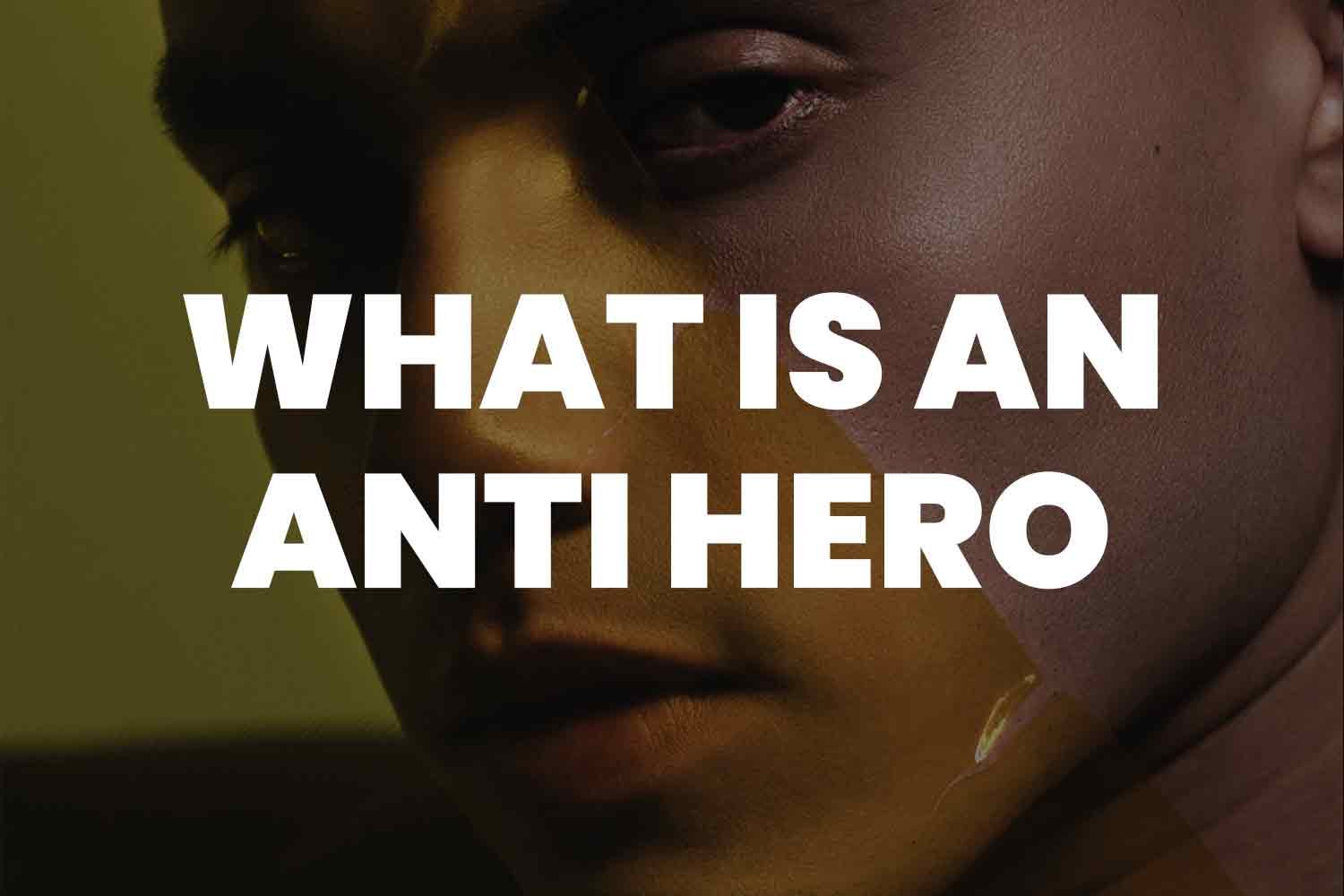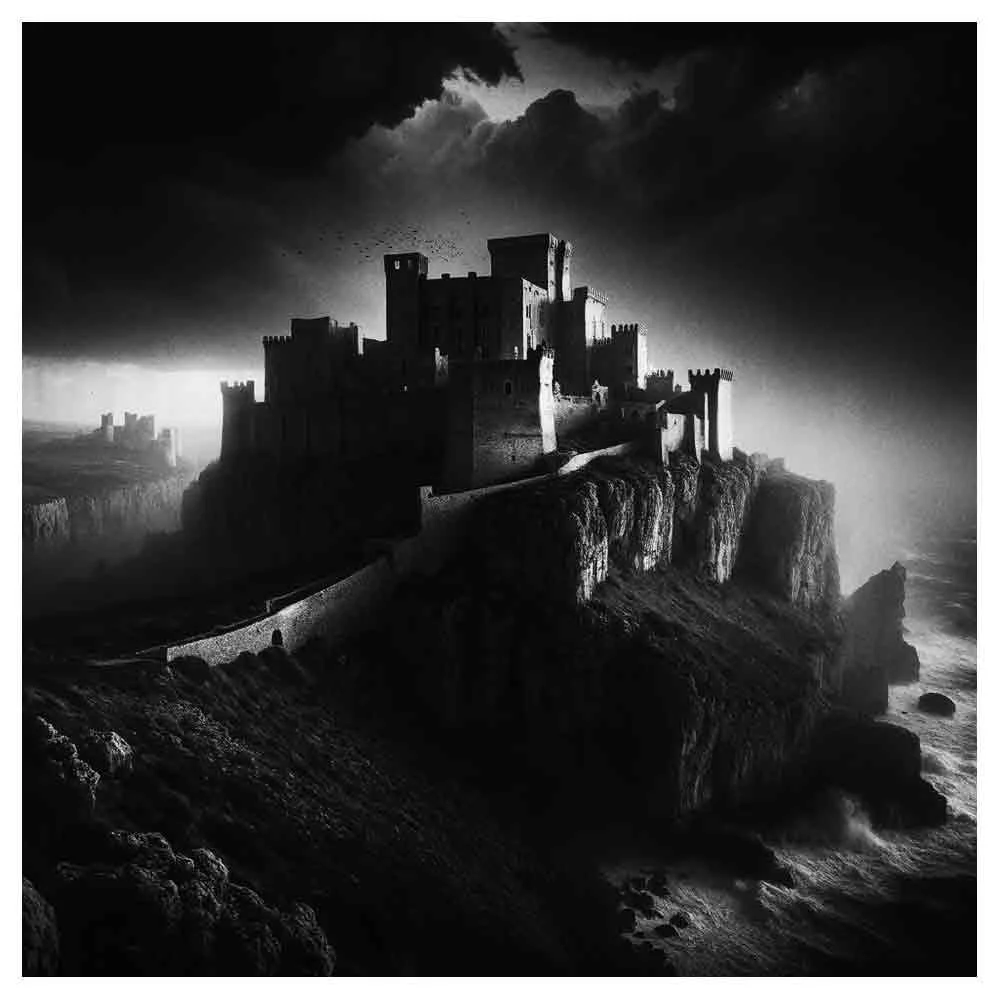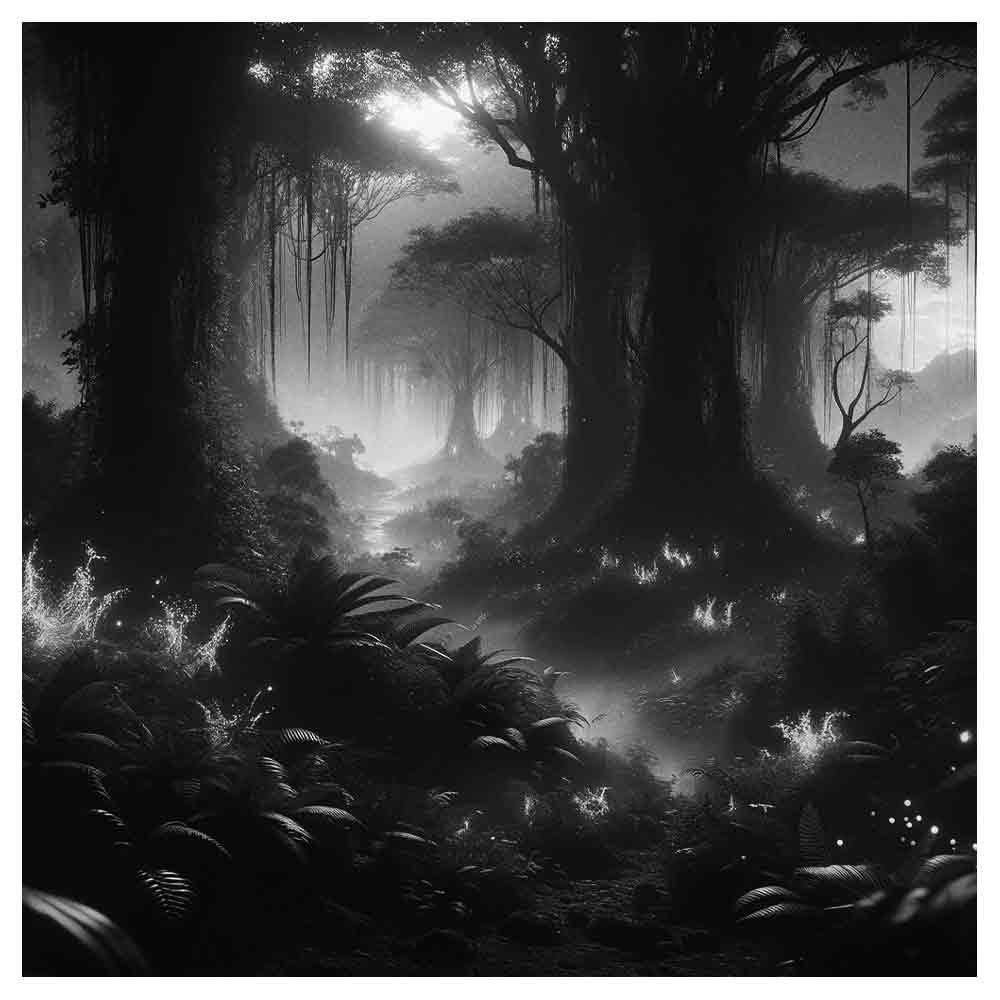What is an Anti Hero?
Have you ever found yourself cheering for a character you know is doing the wrong thing, maybe even a questionable deed or two, all for their gain?
That's an anti-hero for you, a complex character that defies traditional hero archetypes yet remains fascinating.
This blog will delve deep into the concept of the anti-hero, a significant and captivating type of character that has grown in popularity in recent years.
Let's embark on the anti-hero's journey.
Defining an Anti Hero
So, what is an anti-hero exactly? Simply put, an anti-hero is a central character in a story that lacks the conventional heroic virtues and idealistic traits typically associated with traditional heroes.
Unlike the classic depiction of a hero, an anti-hero does not always act for the greater good. Instead, they might be driven by self-interest, personal wealth, or job security.
An anti-hero might commit questionable actions, be morally ambiguous, or possess bad qualities. Yet, they are not villains. They often stand as the polar opposite of the traditional, gleaming hero like Captain America.
Instead, they occupy a morally grey area, a sliding scale between hero and villain, making them some of the most complex characters to grace our screens and pages.
Anti Hero Characteristics
Anti-hero characters vary immensely, from a pragmatic anti-hero who commits questionable deeds for a perceived greater good to the evil anti who engages in actions purely for personal gain.
Some famous anti-heroes include Tony Soprano from "The Sopranos," Michael Corleone from "The Godfather," and Travis Bickle from "Taxi Driver."
Despite their diversity, a few anti-hero characteristics are common among them. These include:
Lack of traditional hero traits: They lack the solid morals and heroic virtues we associate with conventional heroes.
Self-interest: Anti-heroes often act out of self-interest, such as personal gain, rather than altruistic motives.
Complex motives: The character's motives can be complicated to understand, often leading to morally ambiguous actions.
Flawed characters: Anti-heroes are flawed, often with past traumas or personal issues contributing to their complexity.
Anti-Hero Examples: From Fiction to Film
The anti-hero concept has been beautifully executed in various forms of media, including novels, films, and television series. Here are a few fascinating characters:
Walter White from "Breaking Bad" is a prime example. A high school chemistry teacher turned meth cook, Walter commits a series of escalating crimes, including murders, to secure his family's financial future after his terminal cancer diagnosis. He's not a good guy, yet viewers can't help but empathize with his struggles.
Tony Soprano, the family man and mafia boss from "The Sopranos," is another anti-hero character who blurs the line between hero and villain. He's a man who loves his family but isn't above committing crimes, including murders, for his gain.
Michael Scott from "The Office" is a comedic anti-hero. Though not a criminal, Michael's self-serving, often oblivious actions create conflict in the office, making him an anti-hero in his own right.
The Anti-Hero in Popular Culture
Anti-hero movies and television shows have become a significant part of popular culture. These characters' complexity and flawed nature often results in more intriguing and human-like stories, making them very appealing to audiences.
"Star Wars" offers a great example of this: Han Solo begins as a selfish smuggler only interested in personal wealth. Yet, by the end of "A New Hope," he returns to aid the Rebel Alliance, showing that he is still a hero.
Anti-hero fights are a popular trope in comic books and films. Batman, the Dark Knight of Gotham City, is a classic anti-hero.
He's a vigilante who often skirts moral boundaries to achieve his goals, opposing the criminals of Gotham with questionable methods.
Another famous anti-hero from the world of comic books is Rorschach from "Watchmen." An unyielding vigilante with a black-and-white view of morality, Rorschach operates outside the law to fight crime, making him an interesting character.
Understanding the Anti Hero
Ultimately, the anti-hero meaning boils down to a protagonist who embodies human frailties. They are not perfect or flawed, and their moral compass can sometimes point south.
Yet, they are still fundamentally heroes, driven by some moral code or good intentions, however twisted or unconventional.
Whether it's Michael Scott's well-meaning but often misguided efforts to be a good boss, or Walter White cooking meth to secure his family's future, the internal conflict that these characters experience makes them deeply relatable.
And so, we continue to root for them, to hope they will find their redemption or at least meet a fitting end.
It's their imperfections that make them so captivating, their moral ambiguity that keeps us guessing, and their continual struggle against their darker nature that makes us see ourselves in them.
In the end, isn't that what makes a story worth telling?
Frequently Asked Questions about Anti Heroes
What is an anti-hero?
An anti-hero is a main character in a story that lacks the conventional virtues and idealistic traits usually associated with traditional heroes.
They might be driven by self-interest, personal gain, or moral ambiguities, yet they are the central character that the audience often roots for.
What are some characteristics of an anti-hero?
Anti-hero characteristics often include a lack of heroic traits, such as solid morals or altruism, complex and often flawed motives, actions driven by self-interest or personal gain, and a general depiction as a bad character with human frailties and issues.
Can you give examples of famous anti-heroes?
Some examples of famous anti-heroes include Walter White from "Breaking Bad," Tony Soprano from "The Sopranos," Michael Scott from "The Office," and Han Solo from "Star Wars."
How does an anti-hero differ from a traditional hero?
Unlike traditional heroes who usually uphold moral values and work towards the greater good, anti-heroes can often be morally ambiguous, driven by self-interest or personal gain.
They may employ questionable methods to achieve their ends. They tend to be more complex and flawed compared to traditional heroes.
Is an anti-hero a villain?
No, an anti-hero is not a villain. While they may lack the moral compass of a traditional hero, anti-heroes are not inherently evil like villains.
They exist in a morally grey area, often grappling with their flaws and inner conflicts, and their actions, while not always noble, usually aim towards a perceived good end.
Are anti-heroes popular in modern media?
Yes, anti-heroes have become increasingly popular in modern media, particularly TV shows and films. Their complexity and the moral ambiguities they represent often make for more nuanced and compelling storytelling.
What does a pragmatic anti-hero mean?
A pragmatic anti-hero is a type of anti-hero who may commit morally questionable actions or deeds for what they believe to be the greater good.
Their actions are often dictated by practicality or necessity rather than a clear sense of right and wrong.
What's an unscrupulous anti-hero?
An unscrupulous anti-hero is a type of anti-hero who does not hesitate to use immoral or illegal means to achieve their goals. They may be driven by self-interest, personal gain, or a skewed sense of justice.
What's the role of an anti-hero in a story?
The role of an anti-hero in a story is to offer a different perspective from that of a traditional hero. Their complex character arc, internal conflict, and often morally ambiguous actions add depth to the narrative, making the story more intriguing and relatable.
Can an anti-hero become a traditional hero?
Yes, an anti-hero can evolve into a traditional hero throughout a story. This transformation usually involves significant character development, personal growth, and a shift in their moral compass.
An excellent example of this is Han Solo from "Star Wars," who eventually becomes a key figure in the fight against the Galactic Empire despite starting off as a self-interested smuggler.






























